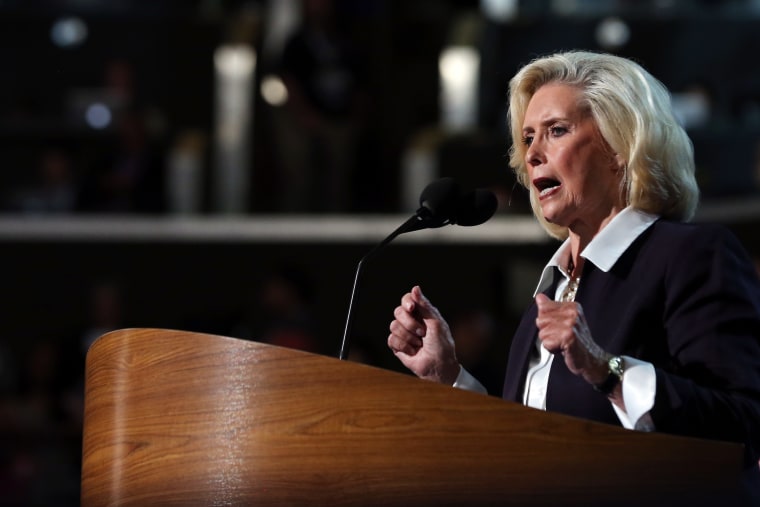Tales of women receiving unequal pay for equal work are nothing new, but a recent study shows that women are almost immediately disadvantaged in earnings right out of college. According to the American Association of University Women, within a year of graduation, women make only 82 percent of what male colleagues are bringing in.
The report focuses on students who graduated during the 2007-2008 school year and their earnings from 2009. Researchers say the narrow lens allows them to compare workers before the majority of women have children, and while they remain on roughly the same playing field as male colleagues regarding job experience. Despite the general commonalities between the male and female employees being observed, the study showed that women begin receiving lower wages than men nearly immediately following graduation. Though the unemployment rate for women is just barely below the rate for men (7 percent to 7.3), the average woman in the study made $35,296 to a man's $42,918 annually.
The conventional Republican narrative explaining the source of the pay inequity attacks women's career choices, saying they opt for lower-paying jobs within education or social sciences, while men ostensibly seek more lucrative jobs. However, the AAUW studydebunks the conservative narrative by controlling for the employment factors which would offset the wage gap. For example, even among business majors, women earned just over $38,000, compared to the $45,000 their male counterparts made.
"You can't just choose to not be affected by the pay gap," the study's co-author, Catherine Hill, said on Wednesday. "You can't just make good choices and get out of the pay gap."
Lilly Ledbetter, the woman for whom the Fair Pay Act is named, earned a prime time speaking slot during the Democratic National Convention in September. During the town hall-style presidential debate in New York last week, an audience questioner managed to perfectly tee up an Obama talking point regarding fair pay, allowing him to tout signing the Ledbetter Act. Romney waffled on the question, leading to his famous "binders full of women" remark. The Romney campaign has since become, if anything, even more evasive regarding its candidate's position pay equity.
In national polls, Obama is leading Mitt Romney among women voters by 52 percent to 41, according to the latest numbers from NBC News/The Wall Street Journal.
And though her AAUW is a non-partisan organization, Hill called on women voters to grill the candidates on their positions regarding equal pay, particularly because of how it relates to the subject of student debt.
"Essentially the same debt affects women differently because they are earning less, and therefore living on less," Hill said. "This is an enormous finding, but when you think about it, it's not that surprising."
